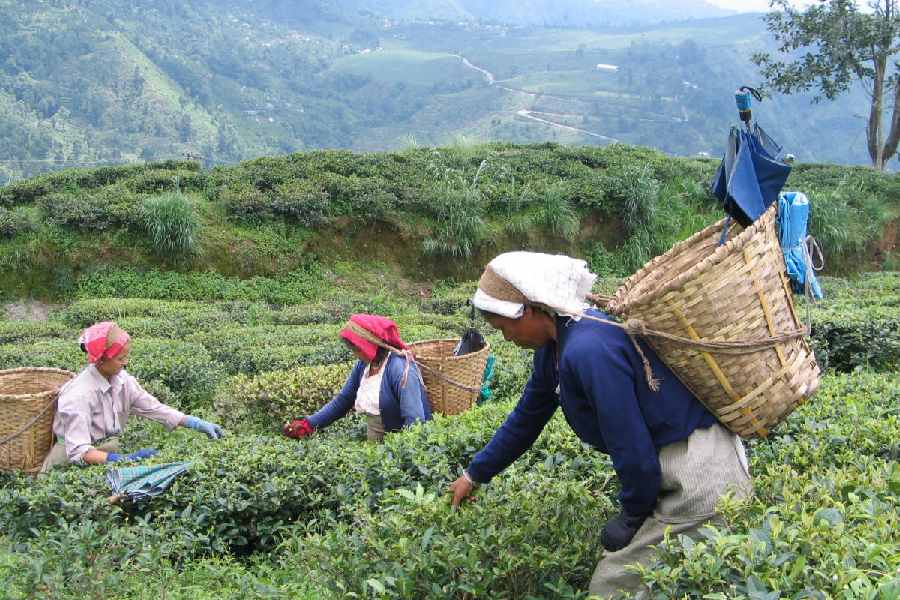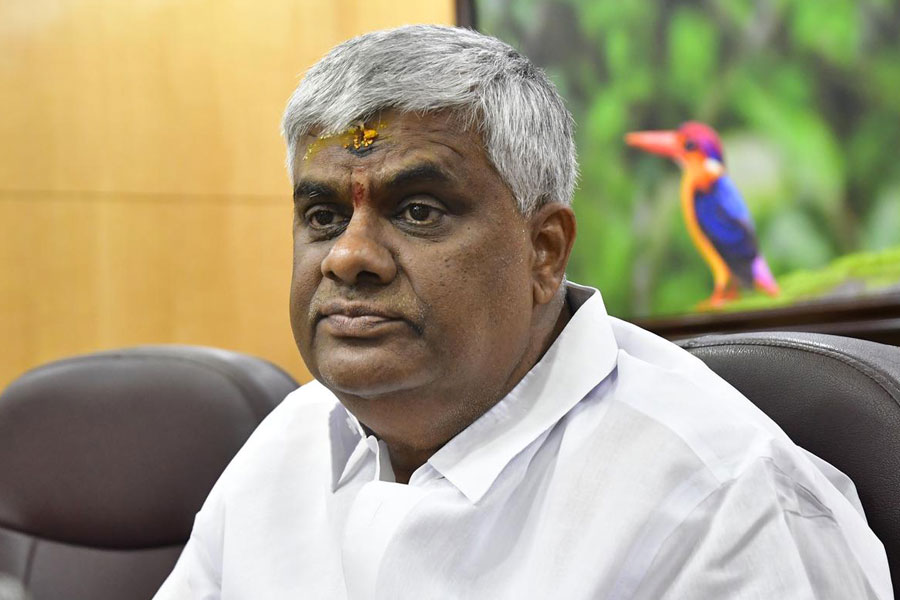The Tea Board of India has announced a ban on the use of 20 different varieties of pesticides in tea plantations across the country.
Rajanigandha Seal Naskar, the controller of licensing of the board, issued an order on December 21, citing that the ban has been imposed according to the recommendations of the Food Safety & Standards Authority of India (FSSAI).
“A few months back, meetings were held with FSSAI authorities where officials from the Union commerce and industry were also present. In those meetings, FSSAI said the presence of banned chemicals and pesticides in tea is alarming. That is why the board decided to ban the use of certain pesticides,” said a source.
Among the banned pesticides are Aldrin, Dieldrin, Captafol, Ferbam Formothion, DDT and Simazine.
“In these pesticides, there is no label claim for tea. In other words, these chemicals do not carry any informative label for users as to whether those are suitable or not for tea plants,” the source explained the reason for the ban.
The order also says that from now on, the presence of any of these pesticides in tea will be taken seriously by the board and the producer might face action for using them.
The decision evoked a mixed reaction in the tea industry. While small tea growers have welcomed it, a section of tea planters, representing the tea estates, have opined that an abrupt halt in the use of the pesticides might take a toll on next year’s tea production.
As of now, production of tea has stopped because of the lean season and is likely to commence from February-end.










